Author: John Parker
-
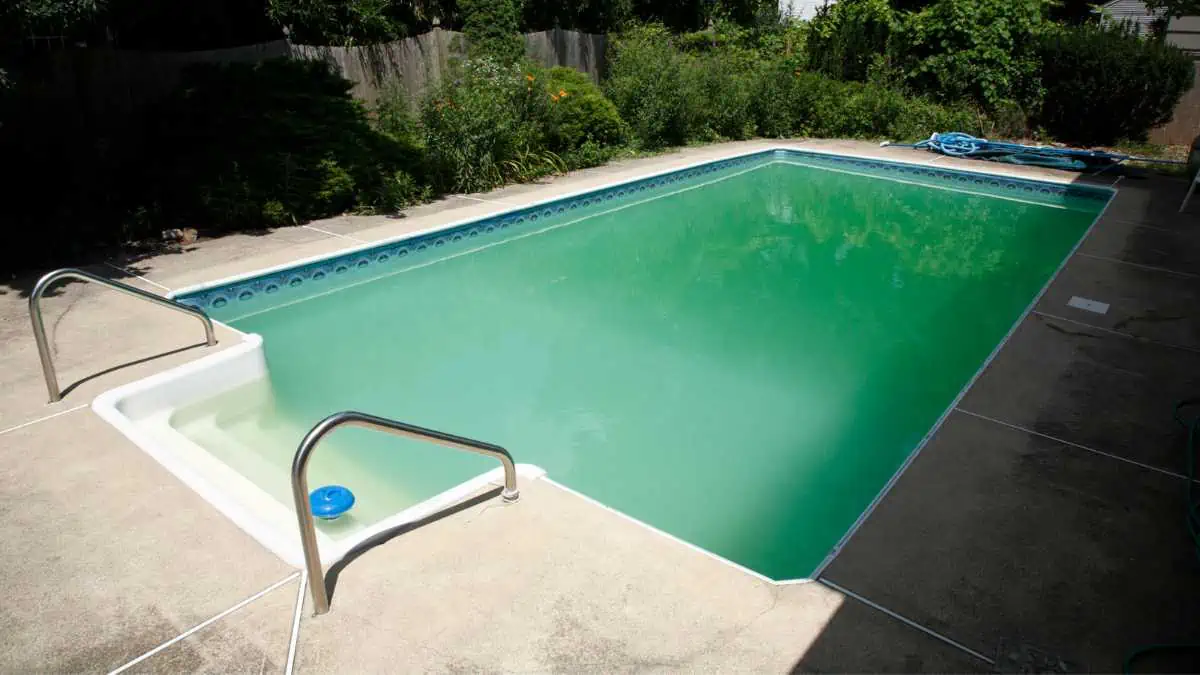
Lowering the pH in Your Pool: Expert Tips for Perfect Balance
Maintaining the appropriate pH level in a swimming pool ensures swimmers’ health and safety and prevents damage to pool equipment and structure. When the pH level in a pool becomes too high, it can lead to problems such as skin irritation, cloudy pool water, and decreased effectiveness of sanitizing chemicals. This article will discuss how…
-
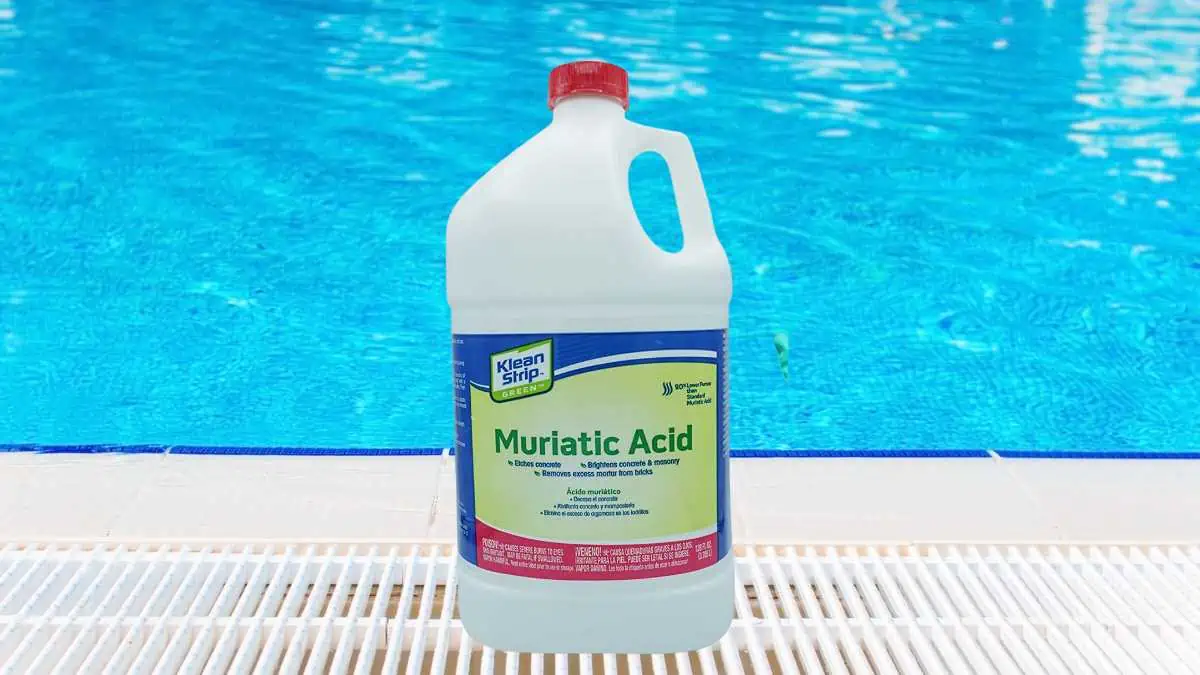
A Guide to Using Muriatic Acid for Pool Maintenance
Muriatic acid, also known as hydrochloric acid, is a commonly used chemical in swimming pool maintenance and cleaning. It is normally used to lower the pH and total alkalinity levels in pool water to ensure that it is safe for swimming and to prevent the buildup of harmful bacteria. However, muriatic acid can be a…
-
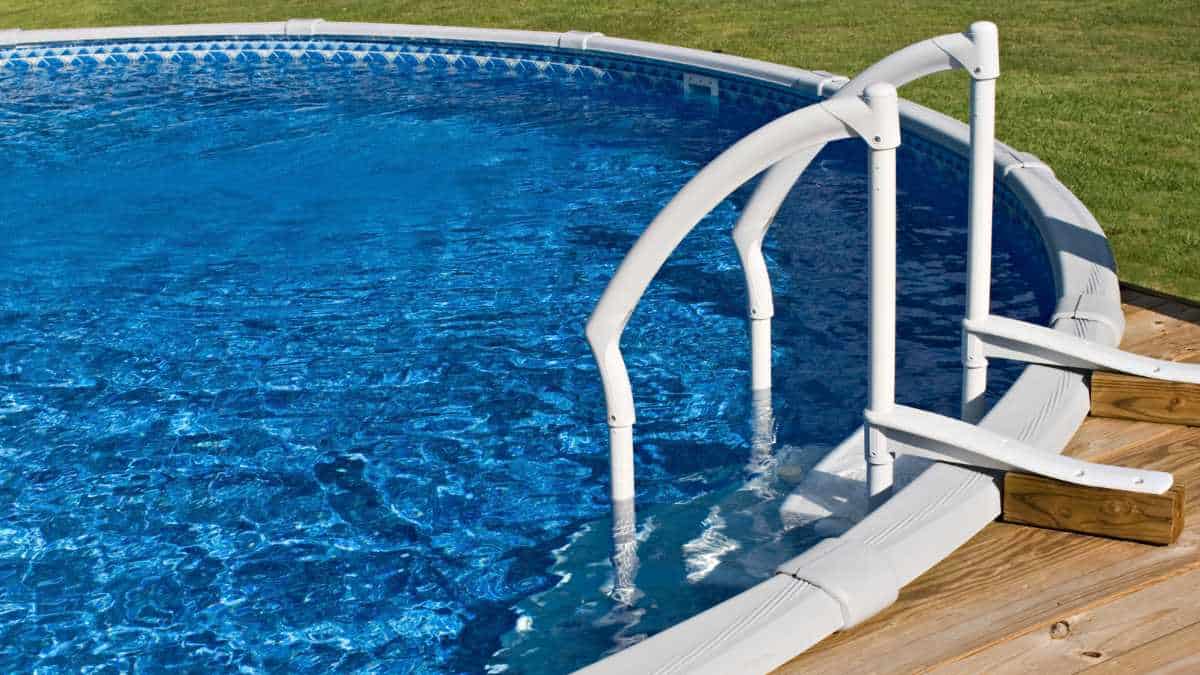
Using Liquid Chlorine in an Above Ground Pool
If you own an above-ground pool, maintaining proper water chemistry ensures a safe and enjoyable swimming experience. Liquid chlorine is one of the most effective ways to keep your pool water clean and clear. Can you use liquid chlorine in an above-ground pool? The answer is yes, and this guide will provide you with the…
-
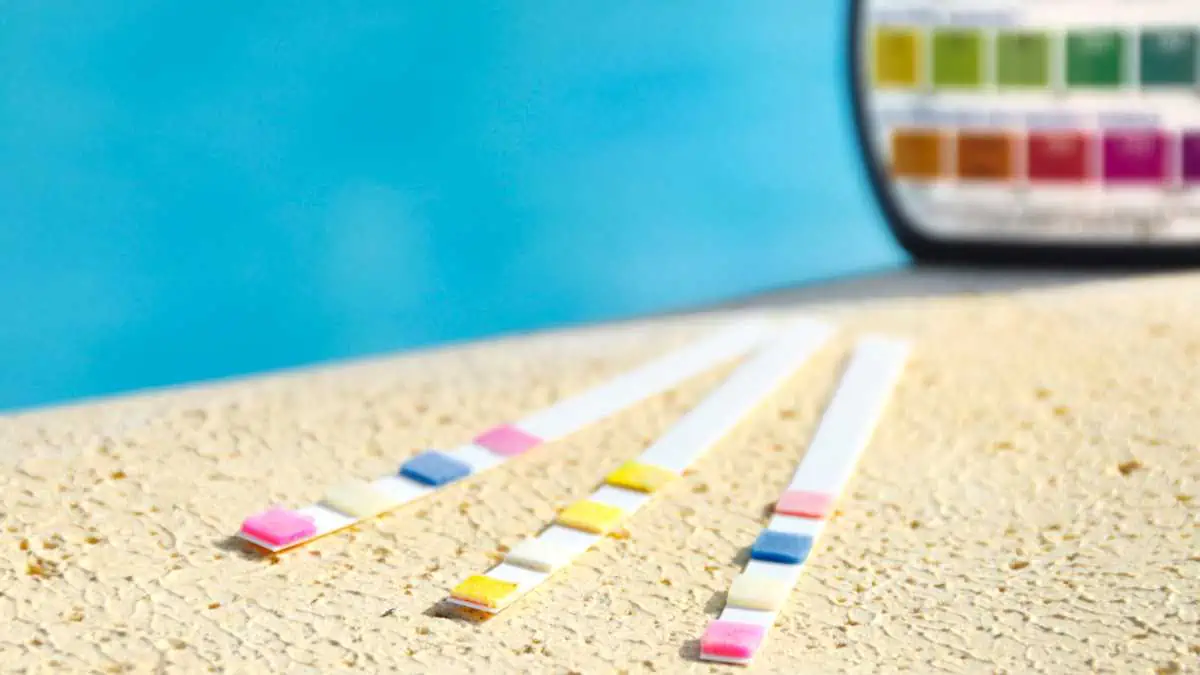
Raising Alkalinity without Raising pH in a Pool
Maintaining the right balance of chemicals in your pool is essential for keeping the water clear and safe for swimming. One important factor to consider is alkalinity, which helps to stabilize the pH levels in your pool. However, some pool treatments can raise pool alkalinity levels while also raising the pH, creating an imbalance in…
-
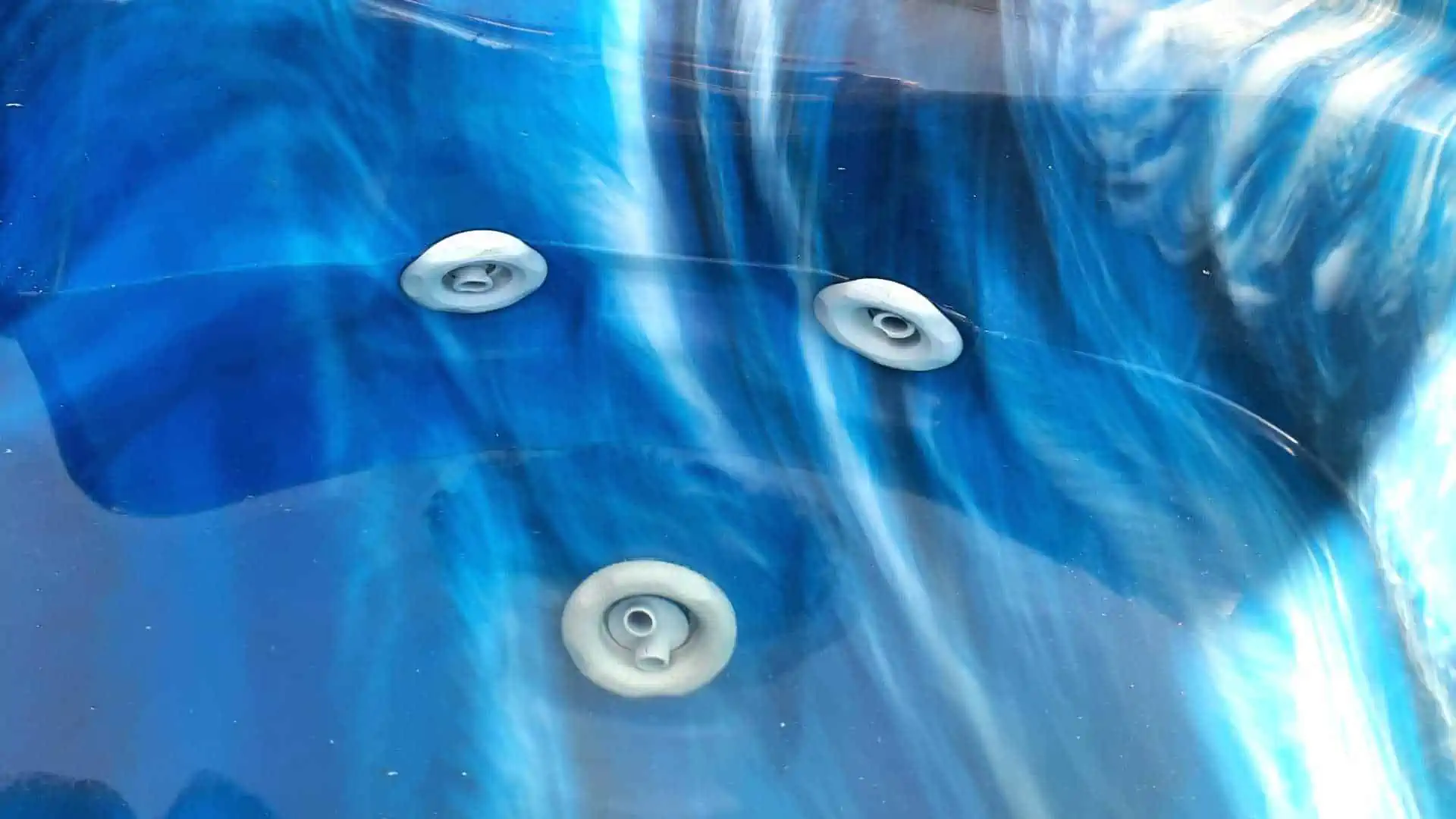
Does Hot Tub Water Evaporate?
You may sometimes be ready to take a nice dip in your hot tub, only to notice that the water level is too low, and you need to top it off first. Alternatively, if you own a spa business and your hot tubs are frequently used, you may have noticed that the water level drops…
-

Can You Have a Hot Tub in Conservatory or Garden Room
Many people opt to have a hot tub outside in their backyard, perhaps on a terrace, a deck, maybe out in the garden under a gazebo or some other structure. But there is a lot to be said in favor of having a hot tub inside, particularly in an area with a very cold or…
-

Hot Tub Games: 10 Games to Play in a Hot Tub
Relaxing in a hot tub might be your go-to way to spend your free time, but there are times when you want to have fun, especially when you have your friends and family over for a hot tub party. You can play games with them and have the best evening of hot tub fun! Are…
-
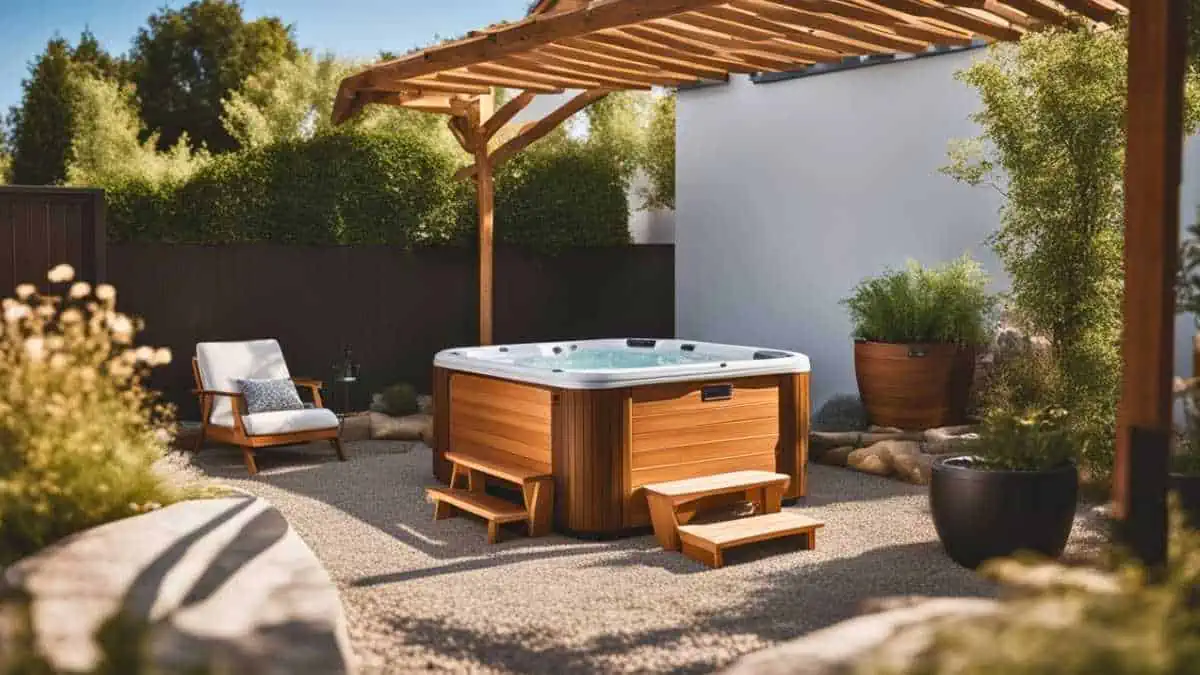
Why Choose Gravel Over Concrete for Your Hot Tub Base?
A hot tub is a luxurious addition to a backyard that can provide a great place to relax and unwind after a long day. Spend your evenings relaxing in warm water, bubbles, and peace. If you are considering installing a hot tub, you may wonder if it can be placed on gravel. In this article,…
-
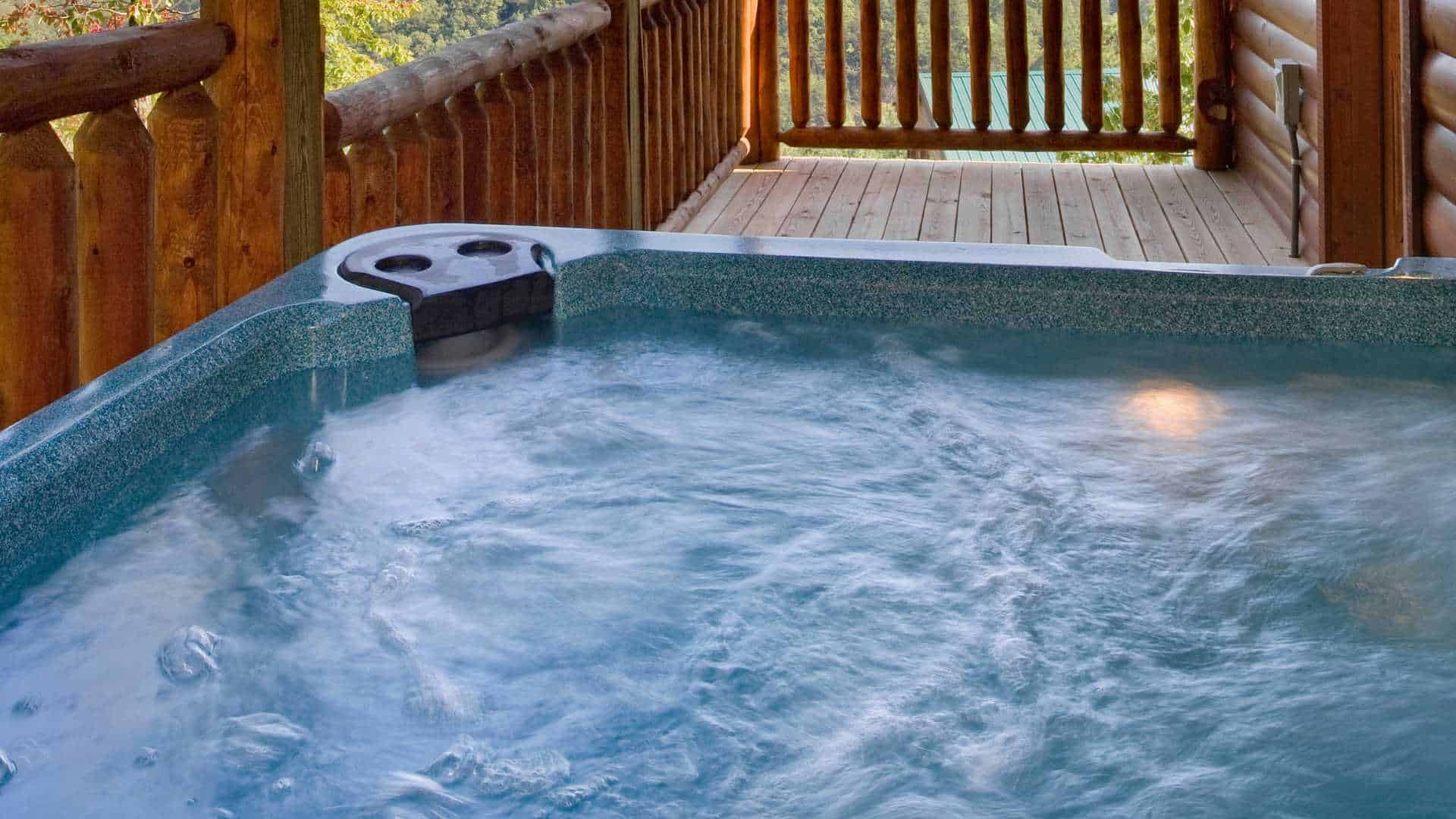
How High Should a Hot Tub Be Filled?
Maintaining the correct water level in your hot tub is crucial for optimal performance and the longevity of your equipment. Understanding how high to fill a hot tub and what to do if the water level is too high or too low is essential for any hot tub owner. Well, we’ll be going over: Let’s…
-

Great Gifts for Pool Owners and Their Families (including the Dog)
Dive into our guide to the most unique and thoughtful gifts for pool owners. Whether you’re shopping for an avid swimmer who loves to start their day with laps or a sun-seeker who simply adores lounging by the water with a good book, we have something for everyone. Our list of best gifts for pool…
